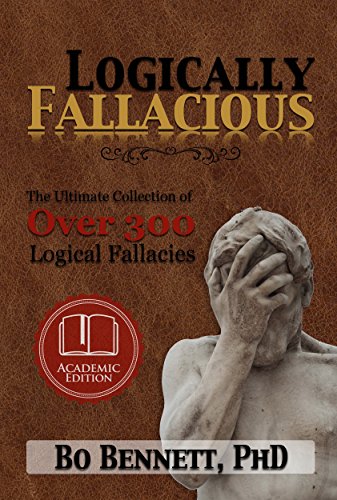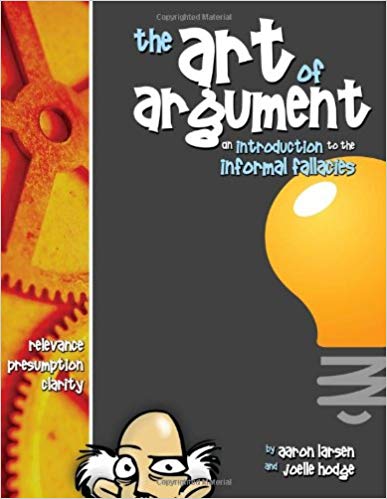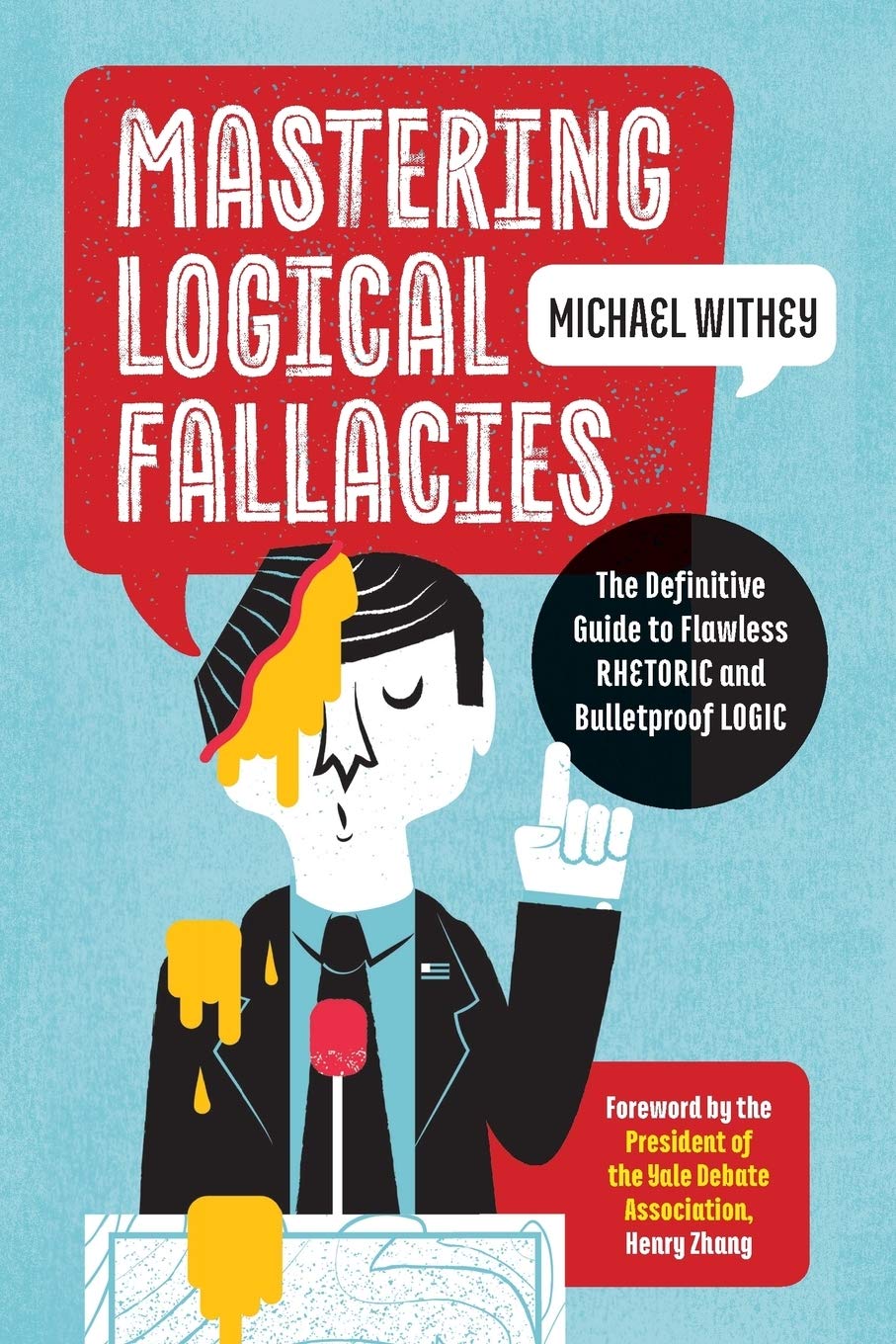The Begging the Question fallacy is a type of logical fallacy that occurs when an argument’s conclusion is assumed by the premises. In other words, the conclusion is contained within the argument itself and is simply being restated. This fallacy is also referred to as “circular reasoning” or “petitio principii.”
The Begging the Question fallacy can be seen in many different forms of argument. A common example of the fallacy is when an argument simply reiterates the same point over and over again without adding any additional evidence to support the conclusion. For example, if someone were to state “I am right because I am right,” they are essentially begging the question. This statement is simply restating the same point without providing any evidence to back it up.
The Begging the Question fallacy can also occur when an argument uses its own conclusion as evidence to support it. For example, if someone were to state “God is real because the Bible says so,” they are essentially using the conclusion as evidence to support the conclusion. This is an example of circular reasoning, as the conclusion is being used to support itself without any additional evidence.
The Begging the Question fallacy is a common logical fallacy that can be easily spotted in many arguments. It is important to be aware of the fallacy and to recognize it in arguments in order to avoid making the same mistake. Additionally, it is important to always provide evidence to support one’s argument in order to avoid the fallacy. Doing so will help ensure that one’s argument is sound and logical.






